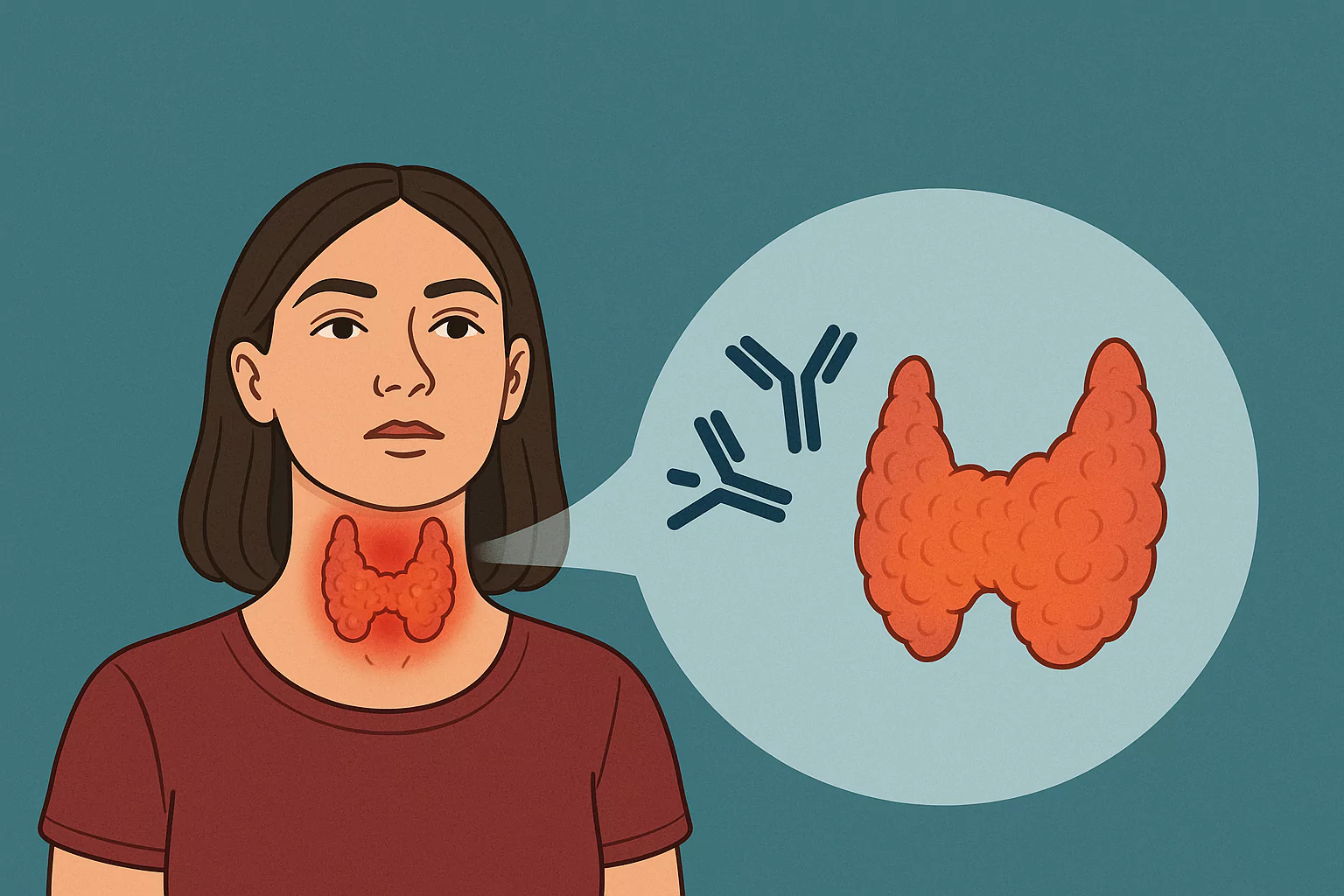What is Hashimoto’s Syndrome?
Hashimoto’s Syndrome (also known as Hashimoto’s thyroiditis, chronic lymphocytic thyroiditis, or chronic autoimmune thyroiditis) is one of the most common disorders affecting thyroid function. It is an autoimmune disorder which occurs when the immune system attacks the thyroid gland, causing reduced hormone production (hypothyroidism). Although the condition may result in serious health complications, timely diagnosis and appropriate medical intervention can effectively manage symptoms and significantly enhance the patient’s quality of life.
Why does Hashimoto’s Syndrome occur?
The exact cause of the autoimmune reaction associated with Hashimoto’s syndrome is not fully understood. However, the following factors, or a combination thereof are considered to contribute to its development:
- Genetic predisposition
- Environmental triggers (such as stress, infections, radiation exposure, or contact with toxic substances)
- Interaction between genetic and environmental factors

Risk Factors
- Genetics and family history – Individuals with a family history of thyroid or autoimmune disorders are at greater risk.
- Gender – Women are significantly more affected than men.
- Age – Although it can occur at any age, it is more common in middle-aged individuals.
- Other autoimmune disease– Conditions such as rheumatoid arthritis or systematic lupus increase the risks.
- Pregnancy – Alterations in immune function during pregnancy may represent a risk factor for the onset of Hashimoto’s disease in the postpartum period.
- Excessive iodine intake – High dietary iodine may trigger symptoms in at-risk individuals.
- Radiation exposure
Symptoms of Hashimoto’s Thyroiditis
The disease often progresses slowly, and symptoms may not be noticeable in the early stages. At first, thyroid hormone levels may remain within reference ranges. Over time, hormone deficiency becomes apparent and may result in symptoms such as:
- Fatigue
- Depression
- Weight gain
- Dry skin and hair
- Difficulty concentrating
- Increased sensitivity to cold
- Muscle and joint pain
- Thyroid gland swelling (goiter)
- Irregular menstrual cycles
- Facial puffiness
Possible Complications
Thyroid hormones are essential for many bodily functions. If left untreated, Hashimoto’s disease and hypothyroidism can lead to:
- Goiter (Struma) – an enlargement of the thyroid gland. As thyroid hormone production declines due to Hashimoto’s disease, the pituitary gland responds by signaling the thyroid to increase hormone output. A significantly enlarged goiter may affect physical appearance and can interfere with swallowing or breathing.
- Cardiac complications – Including reduced heart function, irregular heartbeat, and increased LDL (“bad”) cholesterol, raising the risk of cardiovascular disease.
- Neuropsychiatric manifestations – Such as depression and cognitive impairment, particularly in cases of untreated hypothyroidism.
- Reproductive and sexual dysfunction – In females: decreased libido, anovulation, and irregular or menorrhagic menstrual cycles. In males: erectile dysfunction, reduced libido, and oligospermia. These factors may negatively impact fertility.
- Myxedema – A rare but potentially fatal condition resulting from prolonged, untreated hypothyroidism. Clinical presentation includes somnolence, profound lethargy, and loss of consciousness. It may be precipitated by exposure to cold, sedative medications, infections, or other physiological stressors.
Diagnosis of Hashimoto’s Syndrome
Diagnosis typically involves:
- Blood tests to assess thyroid hormone levels
- Ultrasound imaging of the thyroid gland
- Thyroid biopsy (in selected cases)
Based on the results of these tests, a physician can establish an accurate diagnosis and recommend appropriate treatment:
- TSH (Thyroid-Stimulating Hormone)
- FT4 (Free Thyroxine)
- TPO antibodies (Thyroid Peroxidase Antibodies)
- TgA (Thyroglobulin Antibodies)
- TRAb (Thyrotropin receptor antibody)
Conclusion
Hashimoto’s syndrome represents a significant health condition requiring timely medical attention. Through regular monitoring, a healthy lifestyle, and proper medical treatment, the symptoms of this disorder can be effectively managed and the patient’s quality of life improved.







 Neparno 10
Neparno 10